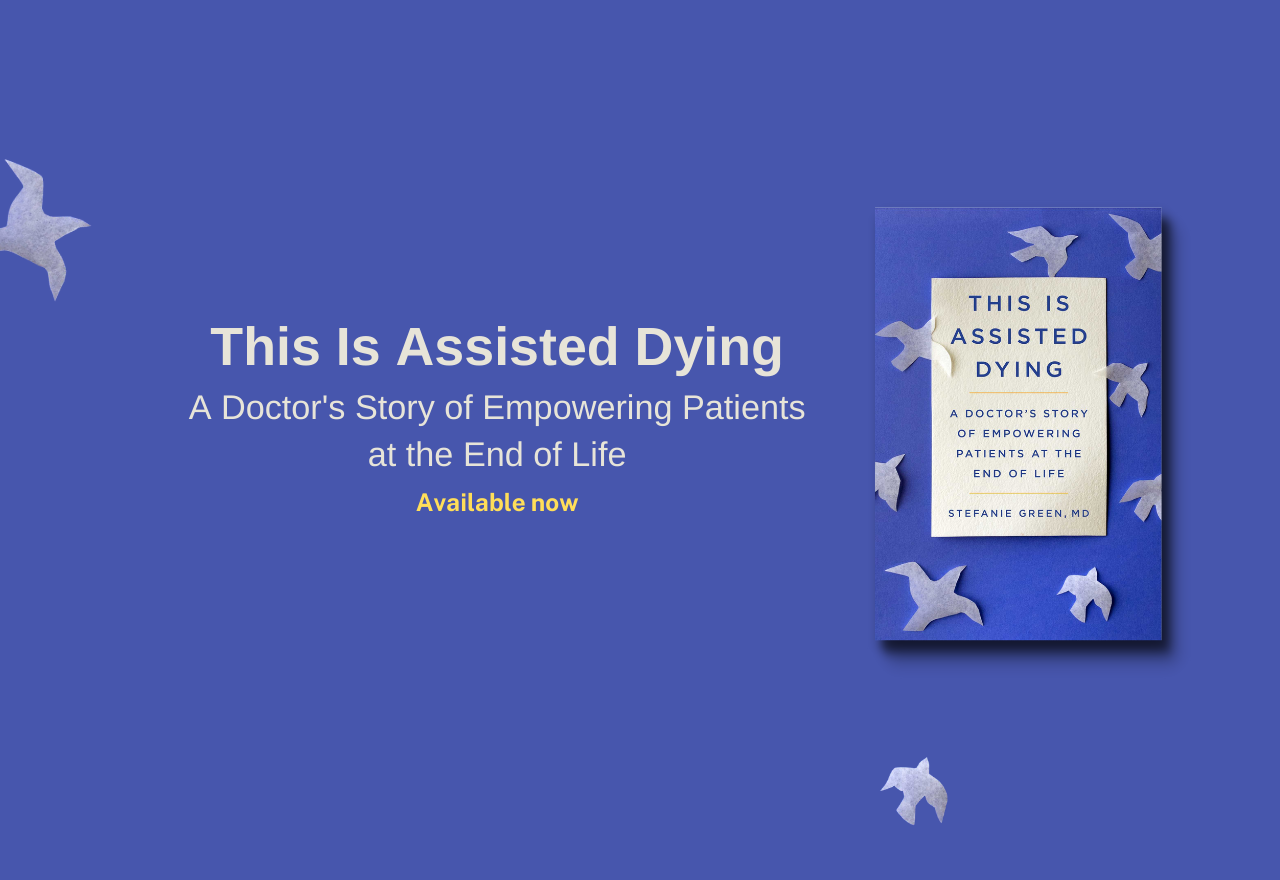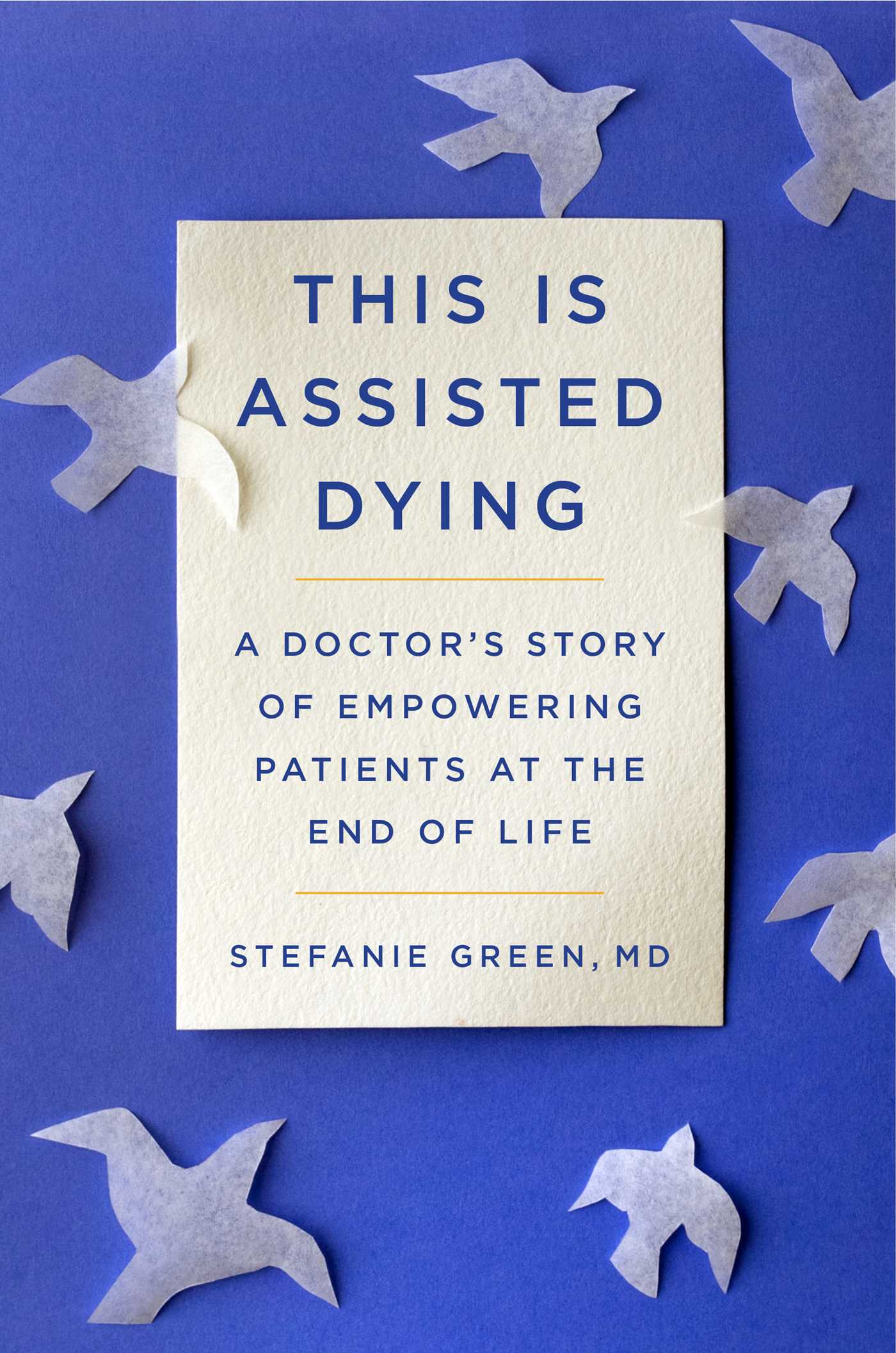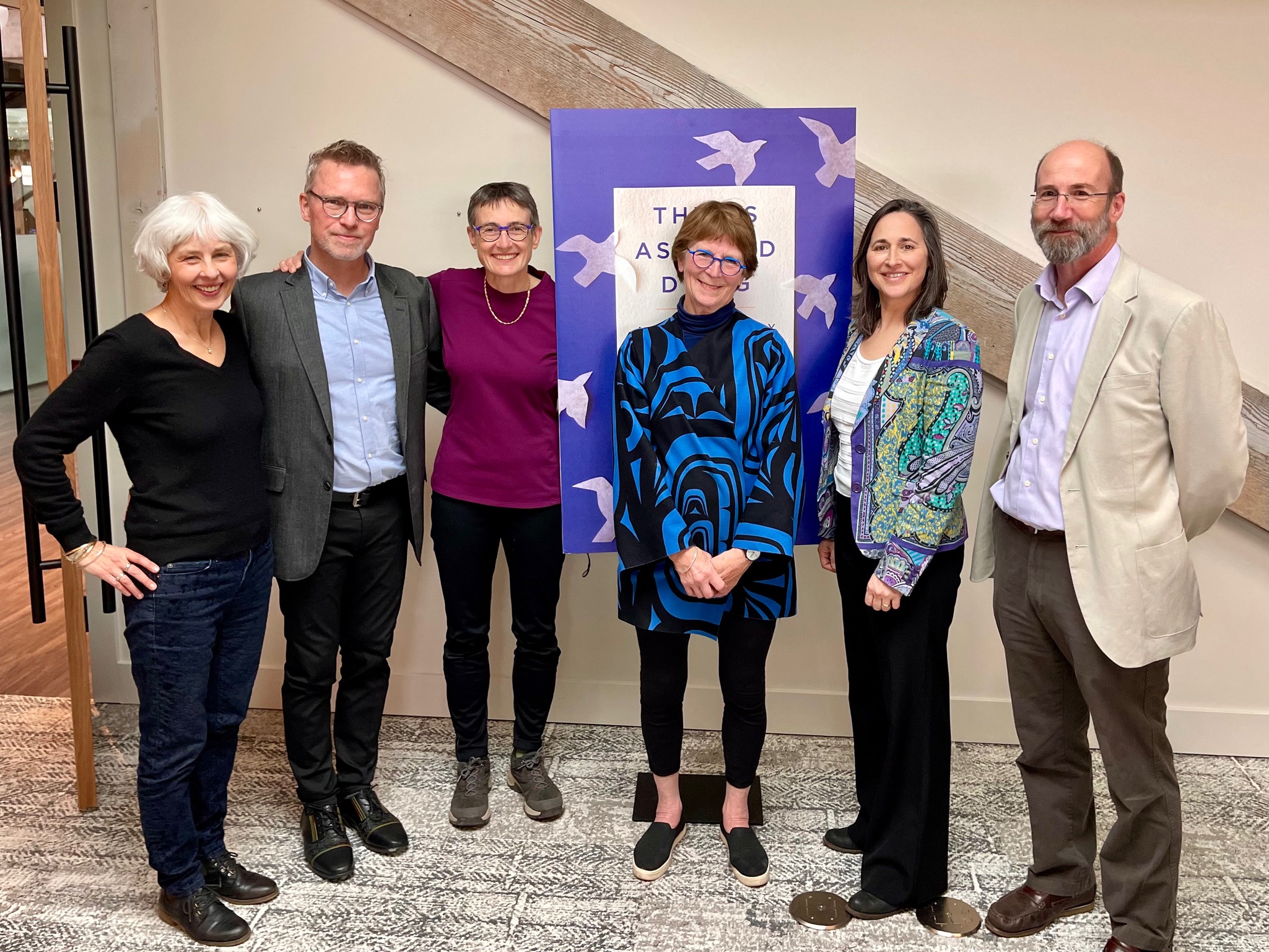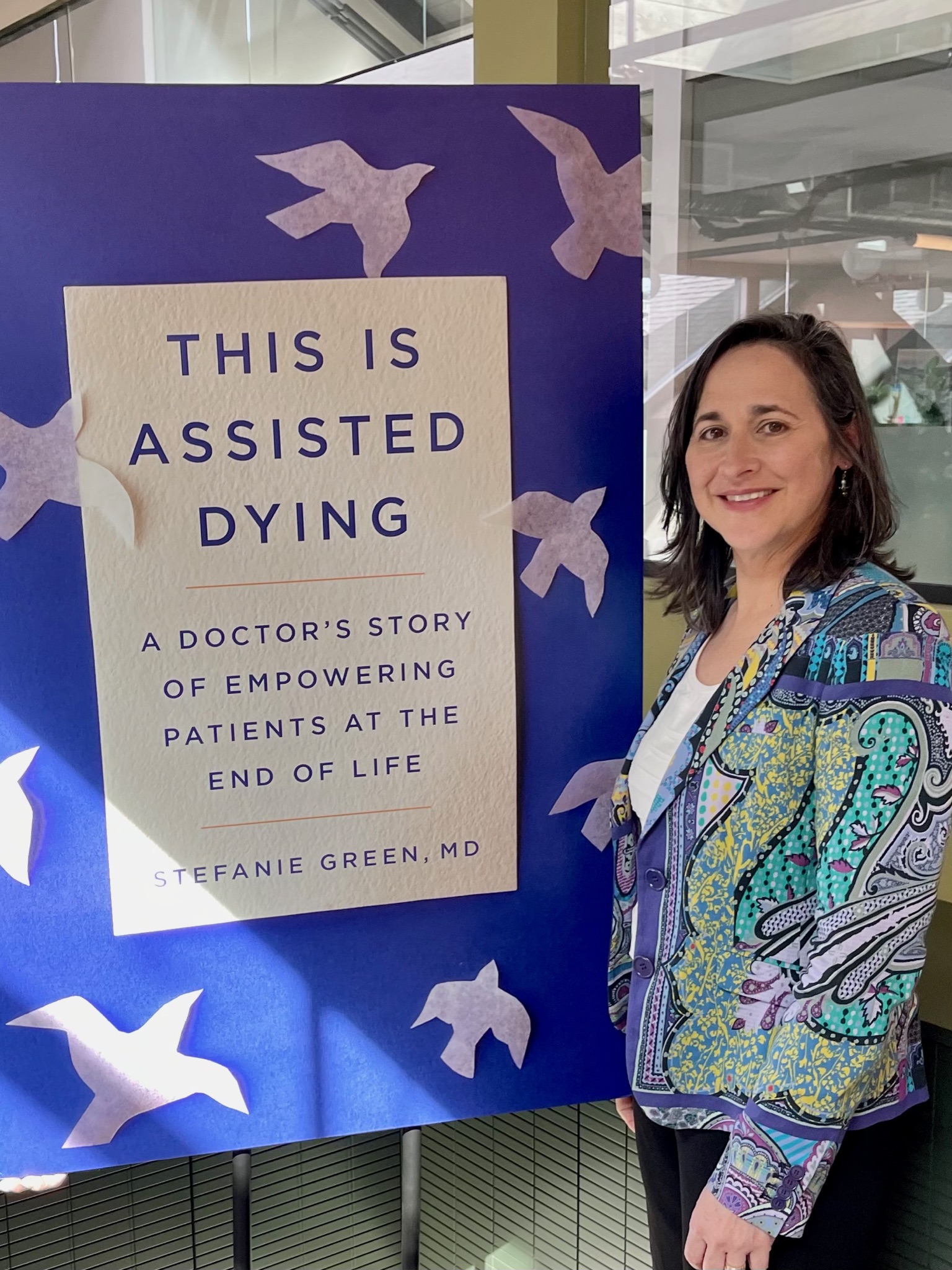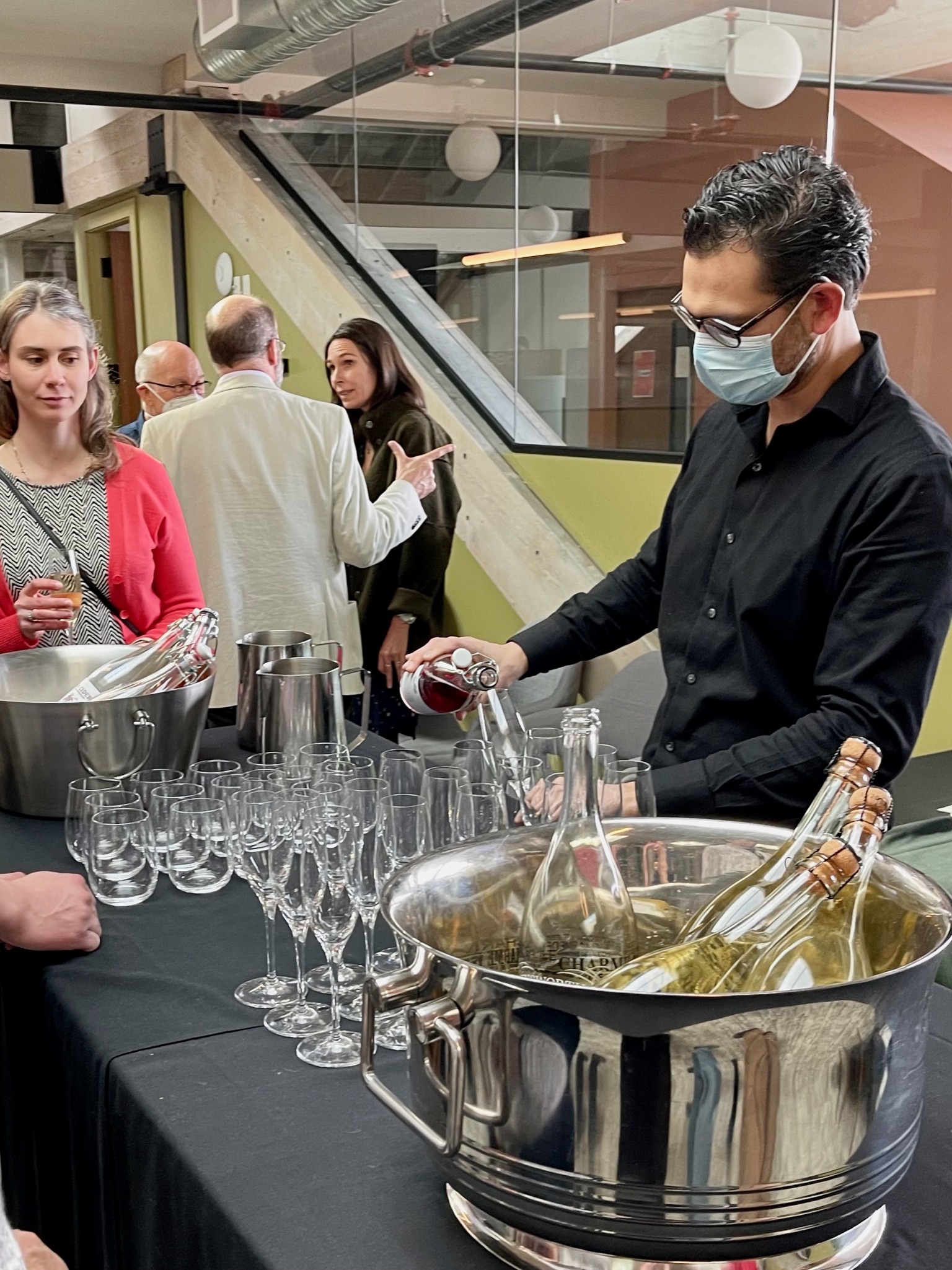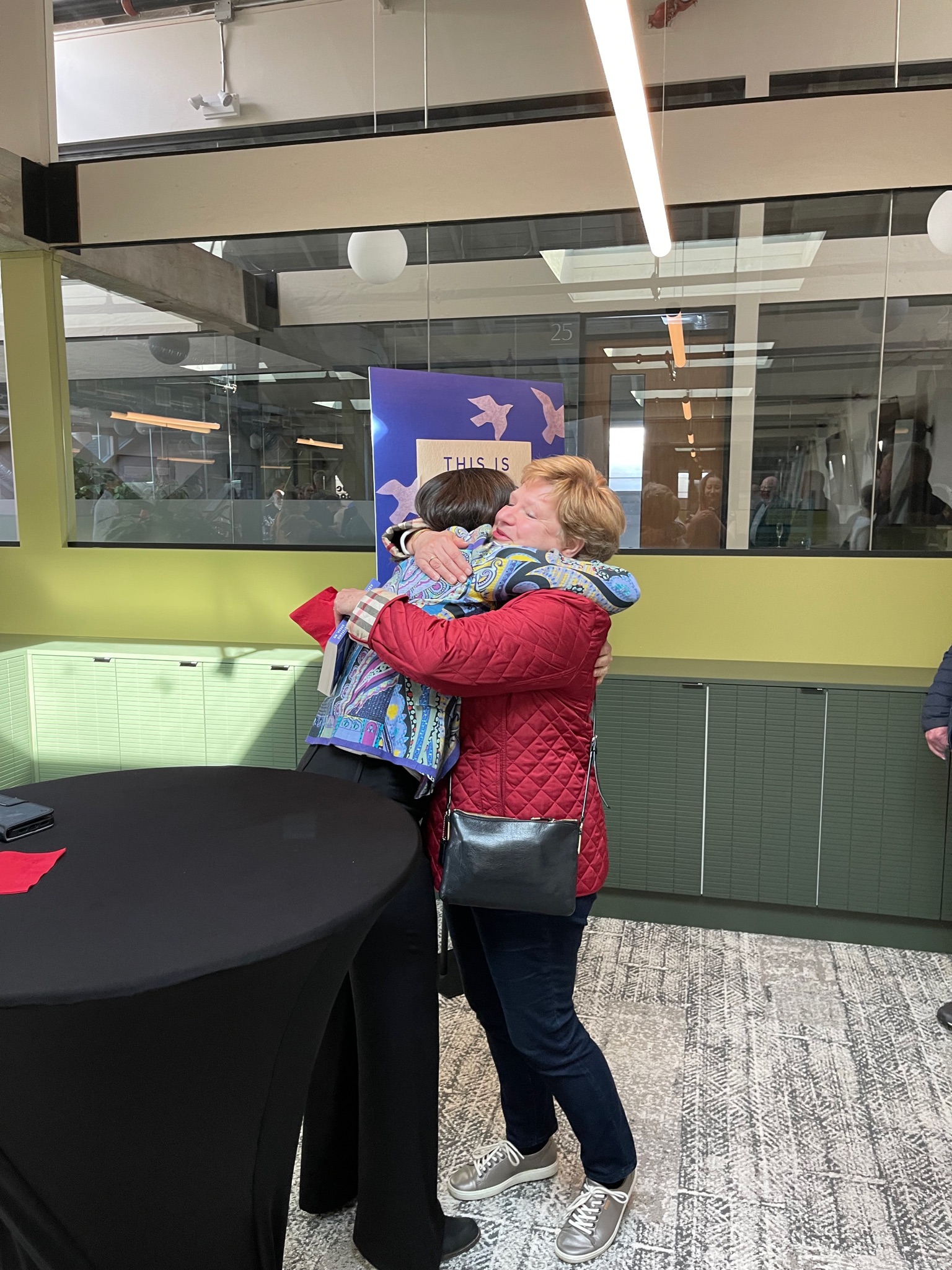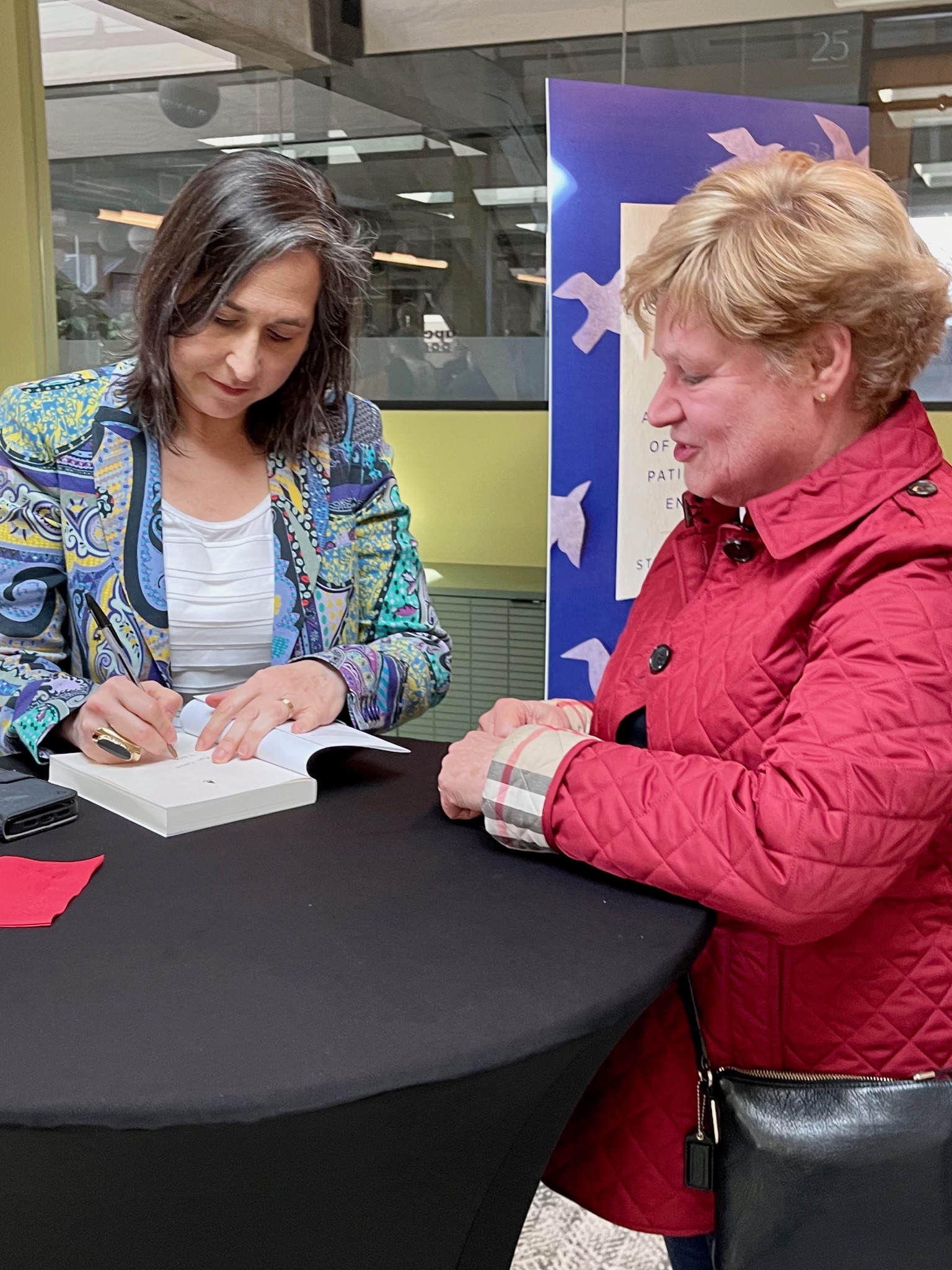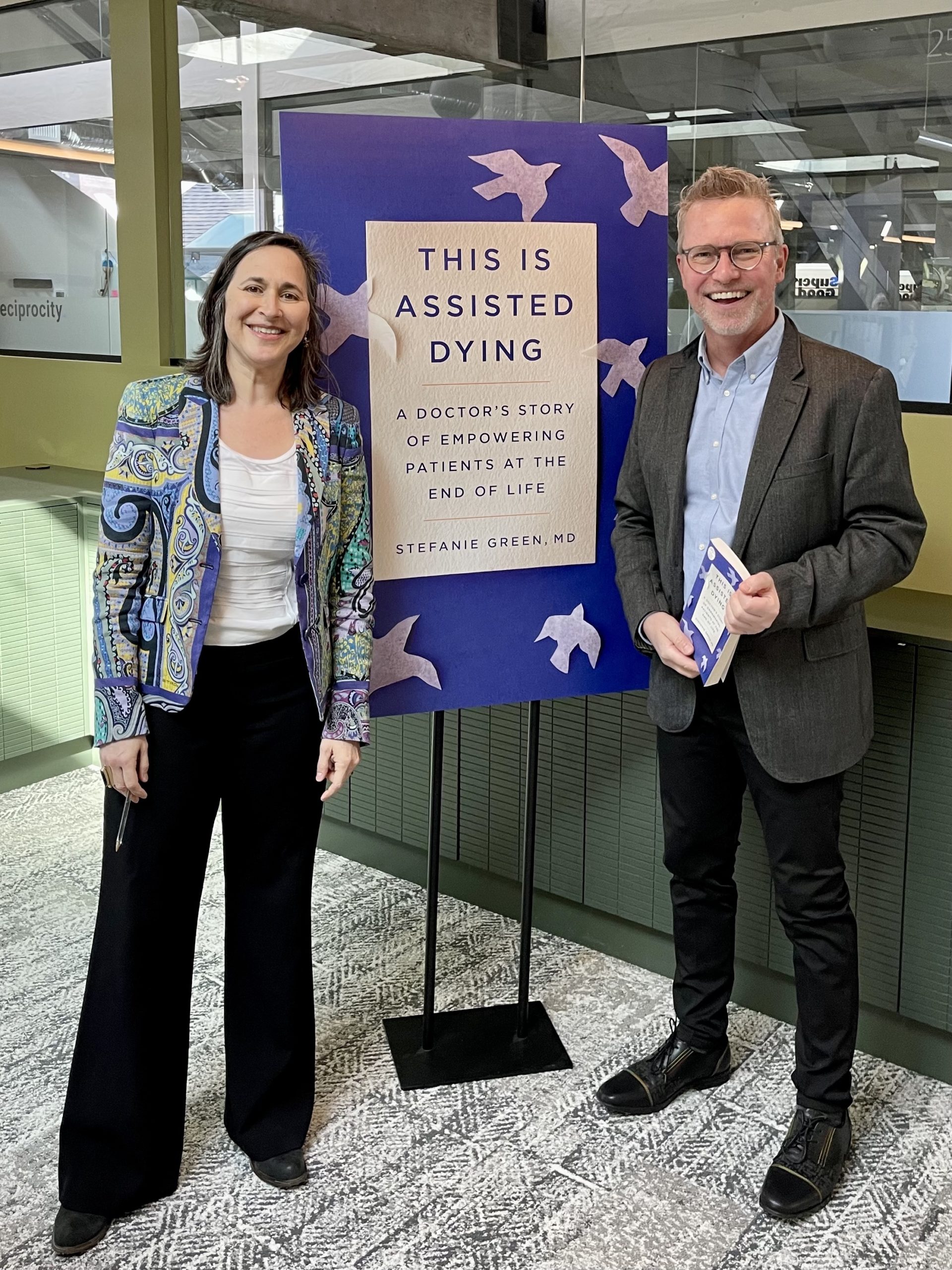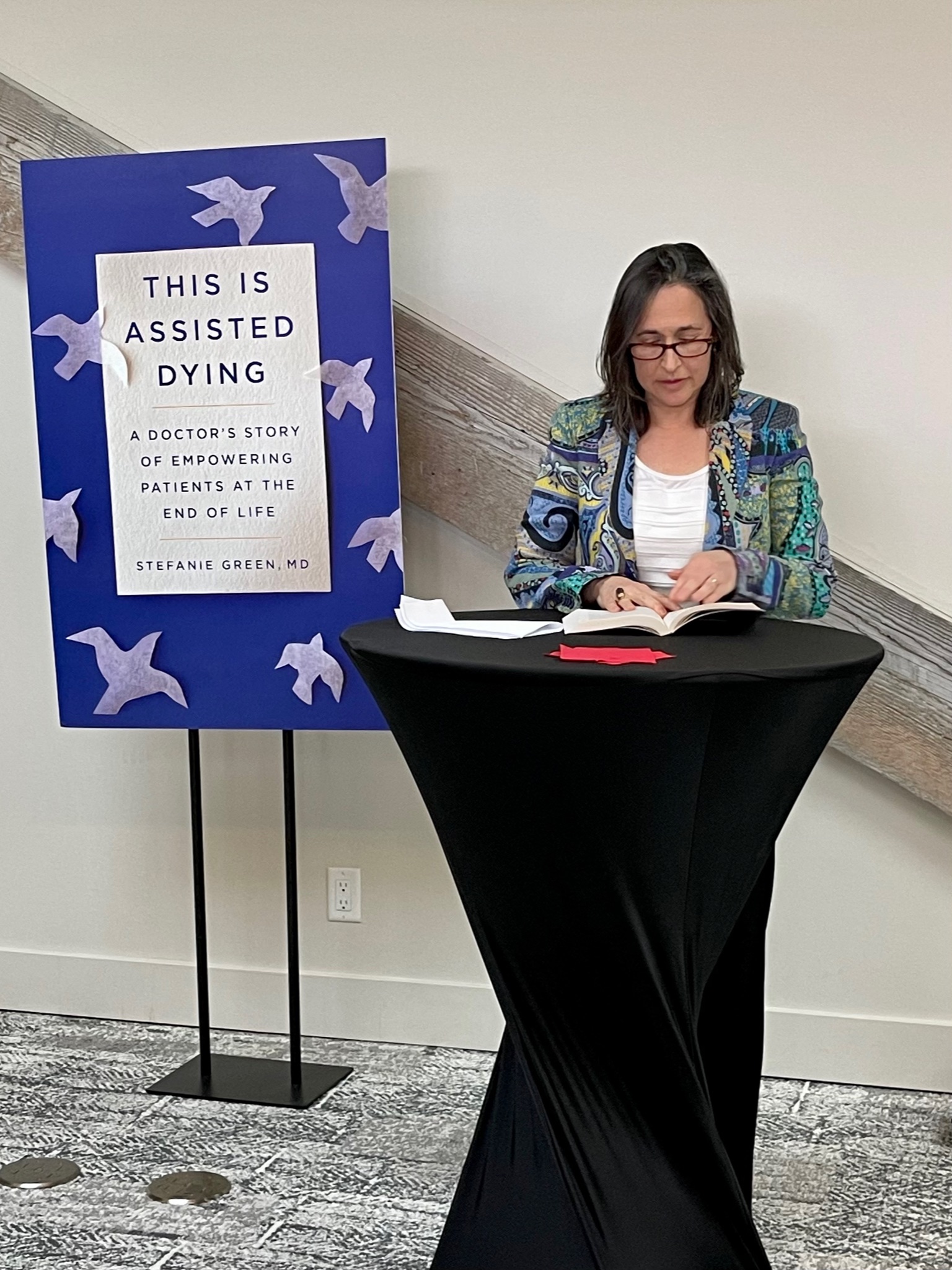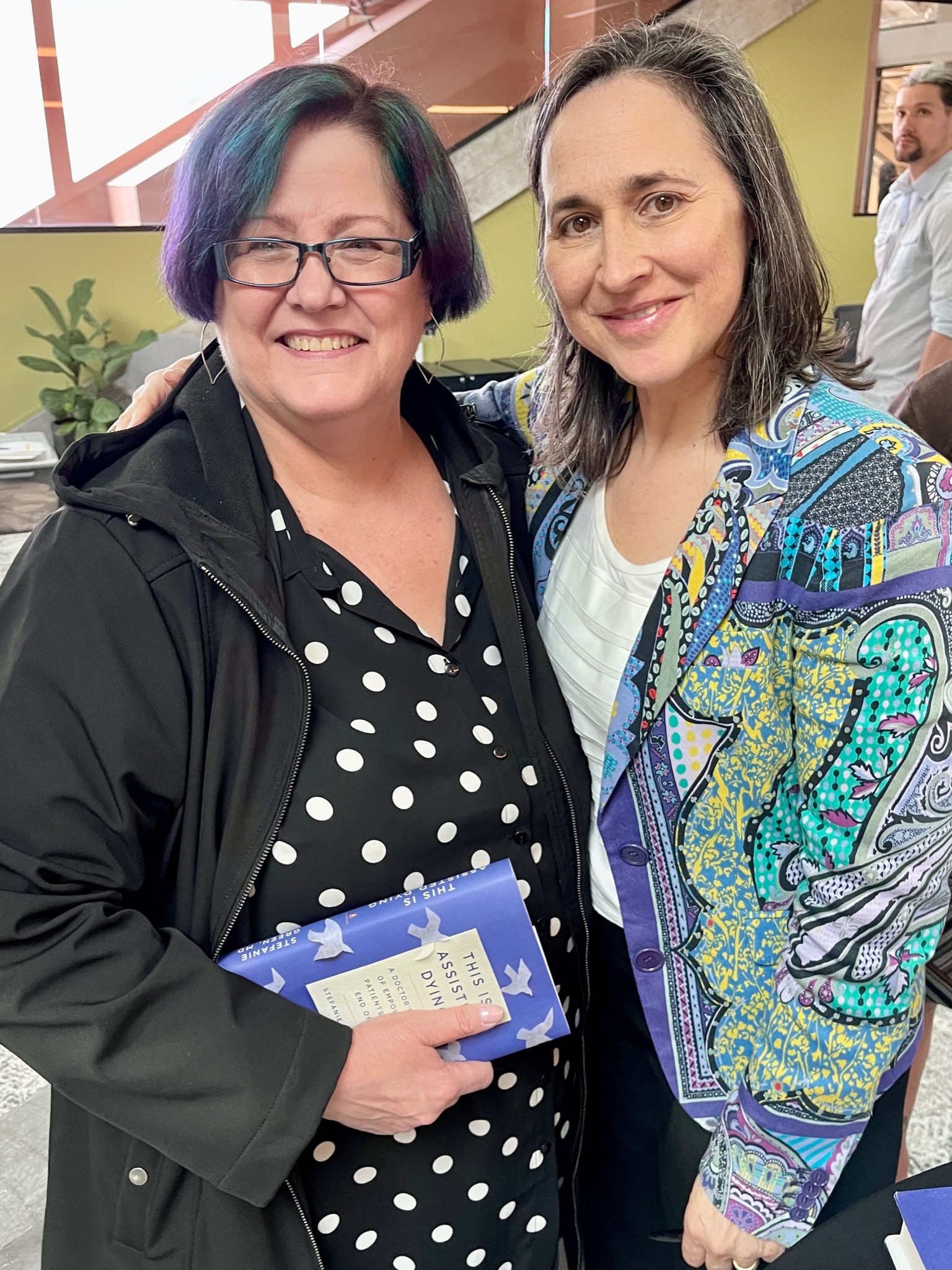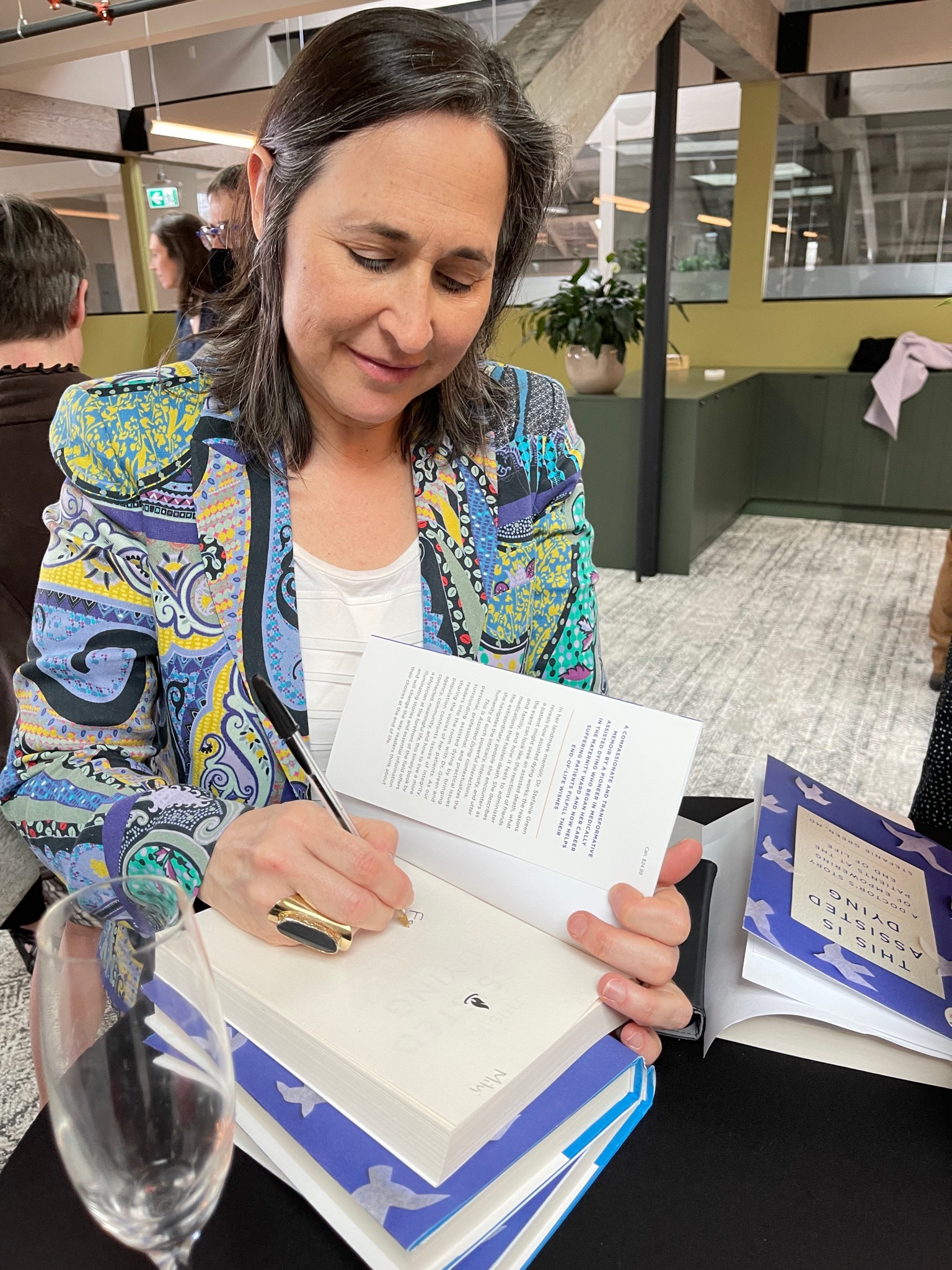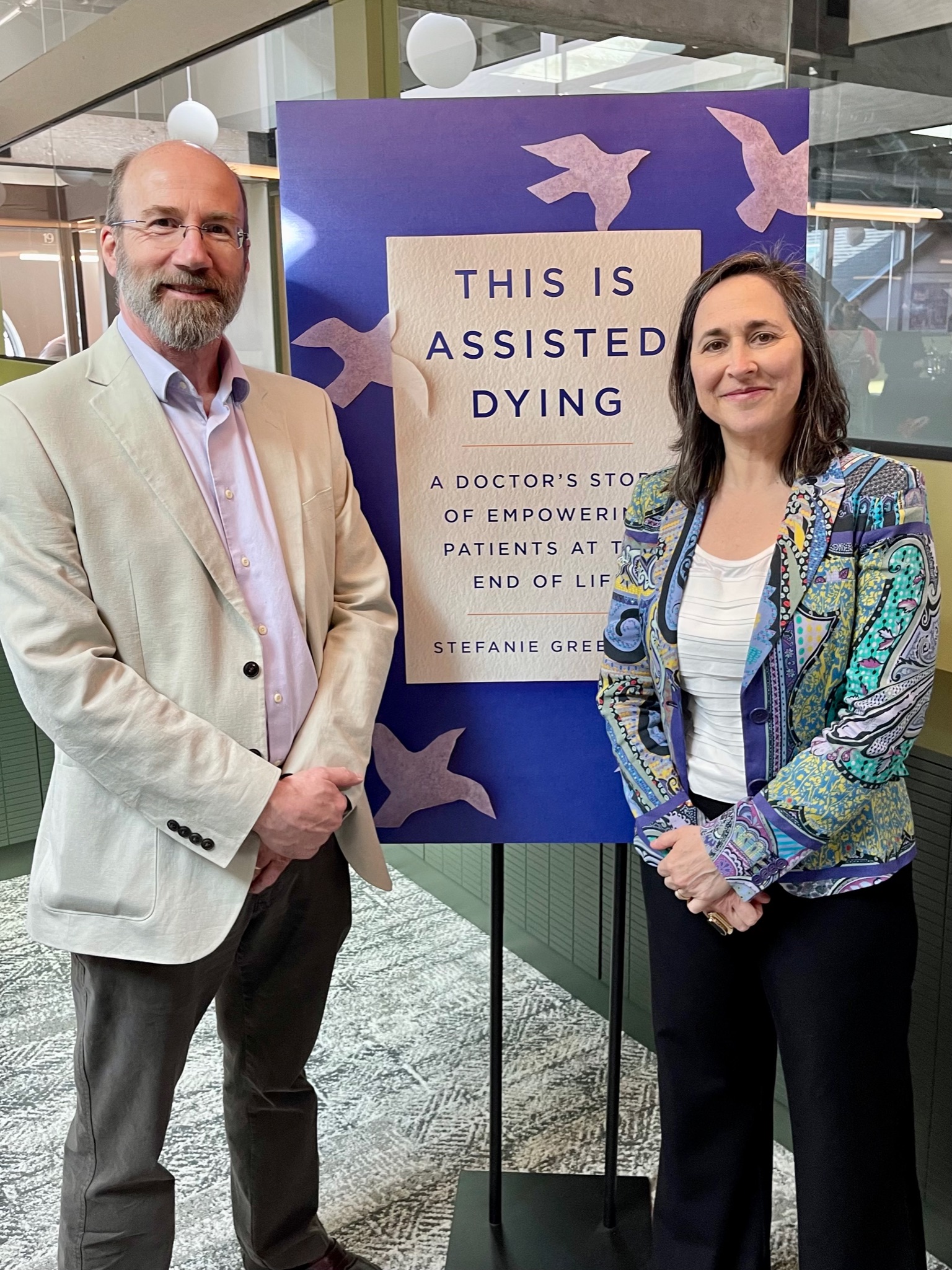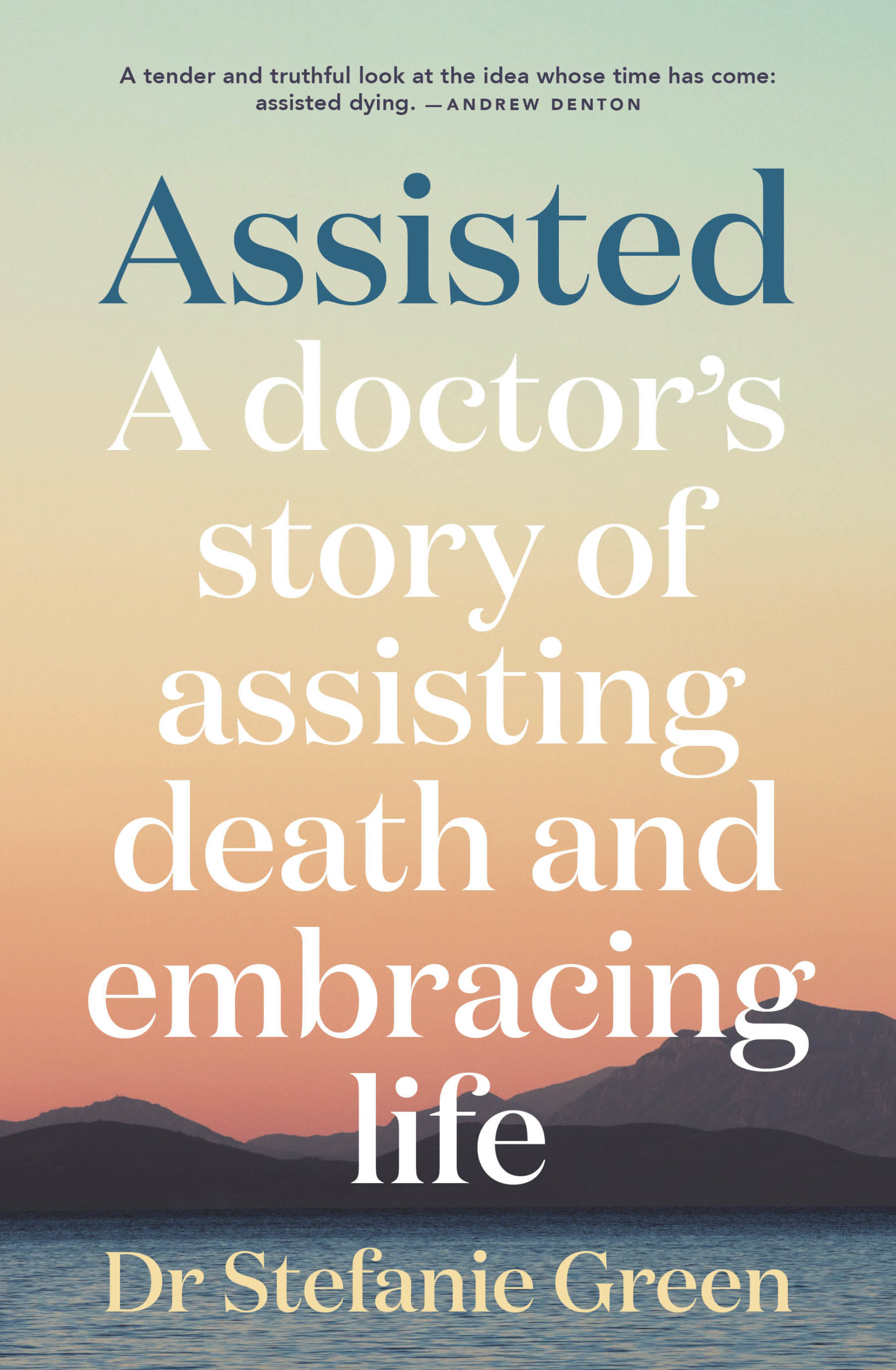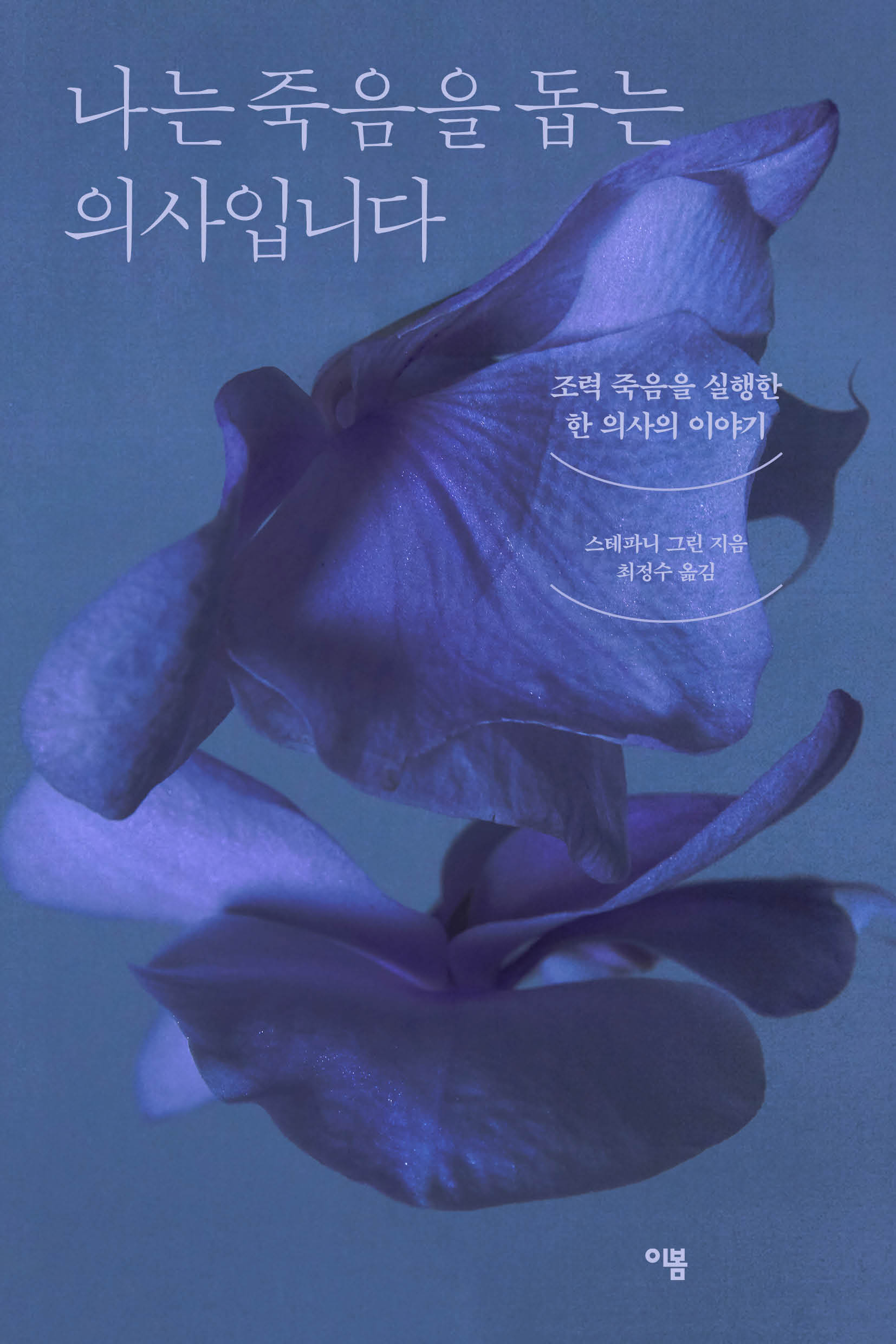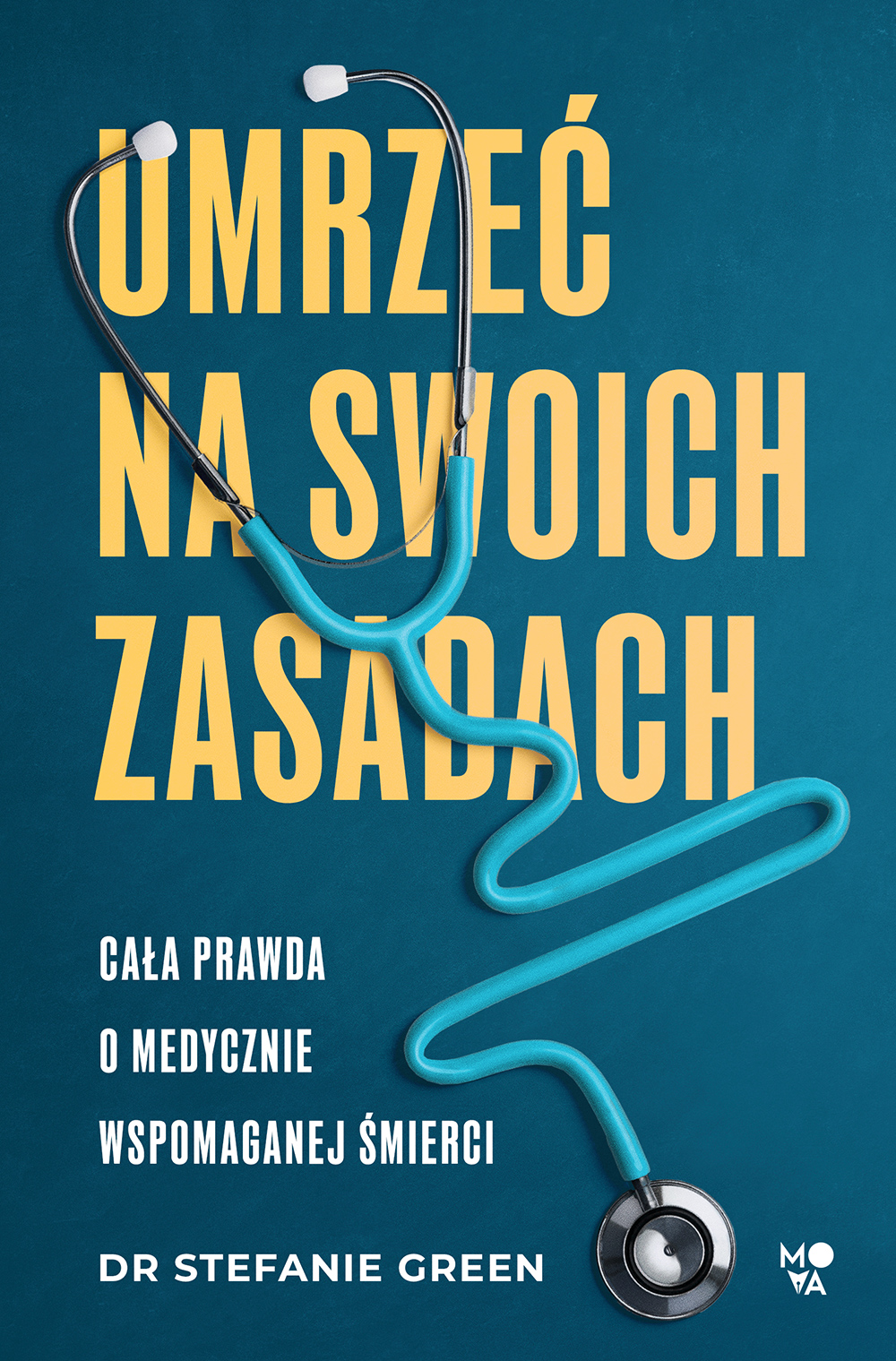“I first met Dr. Stefanie Green via email in 2018, when I was advocating for a small group of people with lived experience – loved ones of those who had received assisted deaths – to attend the Canadian Association of MAiD Assessors and Providers (CAMAP) conference in Vancouver the following year. Looking back at that email thread now I have to laugh, as at first I didn’t realize I was communicating with the president of the organization. As a healthcare advocate, one of my strongest beliefs is in the relationship between a patient and physician. Dr. Green’s voice in that email exchange speaks to a similar view; she is involved.
It was an honour to receive an advance copy of This is Assisted Dying: A Doctor’s Story of Empowering Patients at the End of Life. Stefanie – she writes of the compliment, when patients use her first name – infuses the book with the personal stories of those for whom she has provided an assisted death, as well as those of their friends and families. While she has fictionalized these stories you would never know, as their value and meaning is rooted. The stories alone make This is Assisted Dying worth reading. The history of assisted death in Canada – both pre and post legislation – is also well presented for those who are not familiar with the development of this personal right.
For me – as the wife of a man who chose MAiD (Medical Assistance in Dying) in 2017 and a related advocate – the value of Stefanie Green’s new book is the insight into who she is as a human being, and how choosing to be a MAiD assessor and provider has deepened her humanity. Each story leaves you with a specific gleaning, how that individual changed the author’s perception of death and/or how she could better support those looking for assistance in this regard. Of particular note is Stefanie’s emphasis on the similarities between birth and death, having had a maternity focus for years before she shifted to MAiD. Emphasizing this circle reminds us that death is just as much a part of life as is birth, a truth we have very much forgotten.
‘Both maternity care and MAiD were intense, intimate, emotional experiences that called upon family dynamics and required me to respect personal choices. Both challenged me to be at once fully present and then, fairly quickly, to graciously withdraw . . . . Not unlike my role in maternity care, my job in MAiD is to stay focused on what patients need, listen for their intentions, understand their goals, and help steer them and their loved ones through what I hope can be a slightly more empowered transformation from partner to caregiver, from person to patient, from life to death. My role also goes through transition during these events – as I place a baby on mom’s chest or as I pronounce out loud that a loved one has finally died – and I am immediately aware that my role has shifted from a helpful guide to a respectful witness.’
I attended the CAMAP conference in 2019, and consider it an honour to continue supporting Stefanie Green’s vision as she spearheads the development of a national curriculum for MAiD assessors and providers. She is a change-maker with a clear voice and you would do well to take time with her book. One day assisted death may step close to you, but regardless, we will all die and have the opportunity to make that experience a fulsome one by considering it in advance through words such as you will find in this book.”

